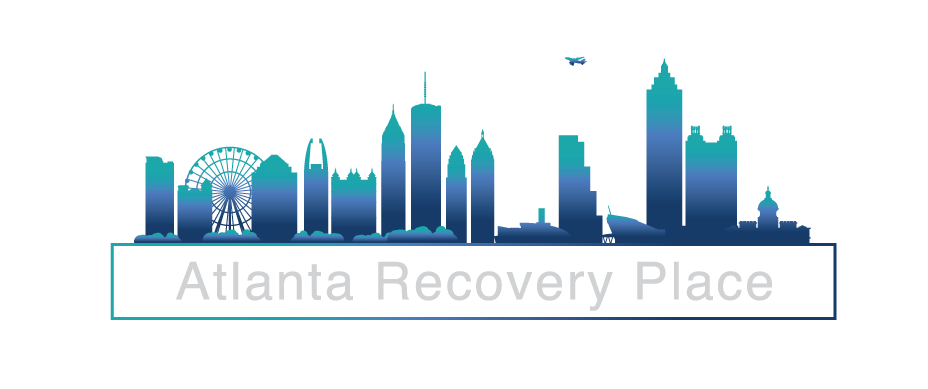Here at Atlanta Recovery Place, we understand the peer pressures of college. It’s a new place, a new experience, somewhere where you want to fit in and make new friends. This may cause you to engage in behavior you normally would not behave in. We want to provide more information about substance abuse in college students, drug abuse in college students, and how to receive help.
Partying Is Common in College
When you embark on the journey of college, finding oneself is common. Whether the finding is in regards to your major, the activities you enjoy, the friends you make, etc, college is definitely a time of self exploration. This may cause or be correlated with the experimentation that takes place in college, when it comes to drugs, alcohol, and other substances. This usually, but not always, occurs within the party scene in college, and can be a result of peer pressure. This peer pressure can include the involvement with toxic substances, toxic places, toxic behavior, and even toxic relationships.
Commonly Abused Drugs in College
According to the Substance Abuse and Mental Health Services Administration, the substances listed below are some commonly abused drugs in college:
- Alcohol – This is the most commonly abused substance across all college students and college campuses.
- Marijuana – This is also a very commonly abused substance in college students and is widely used across college campuses.
- Cocaine
- Hallucinogens
- Heroin
- Inhalants
- Methamphetamine
- Illicit Drugs
The report (Substance Abuse and Mental Health Service Administration), provides facts about the use of substances among college students (18-22) using combined data from the 2011 to 2014 National Survey on Drug Use and Health.
- During a normal day in the past year, 1.2 million full-time college students drank alcohol, and 703,759 full-time college students used marijuana, in comparison to the 9.0 million full-time college students in the United States.
- During a normal day in the past year, 239,212 part-time college students drank alcohol, and 195,020 part-time college students used marijuana, in comparison to the 2.0 million part-time college students in the United States.
How to Know If You’re Suffering From Substance Abuse in College
According to the Substance Abuse and Mental Health Services Administration, college is usually when young people start to engage in substance or drug abuse. On an average day, alcohol and marijuana were the substances most frequently used by college students, whether full-time or part-time students. These students typically engage in binge drinking and in heavy alcohol use. Because using drugs and alcohol is so common in college, it can be difficult to distinguish the difference between experimentation and addiction. There may be signs or symptoms to know if you are abusing a substance, but these signs will vary across substances. Below are some signs of a potential substance abuse issue:
Physical Symptoms
- Difference/problems with your eyes. – The eyes can be bloodshot or glazed, and they can also have dilated or constricted pupils.
- Changes in weight. – This can be weight gain or weight loss.
- Changes in sleep patterns. – This may involve sleeping too much or not sleeping enough.
- Changes in hygiene.
- Problems with your teeth/dental issues.
- Problems with your skin/skin issues.
Behavioral Symptoms
- Changes within personality or attitude. – This may include increased aggression or irritability.
- Co-occurring disorders. – This might include anxiety, depression, etc. The substance abuse can contribute to this disorder.
- Sudden changes within relationships. – You may change who you surround yourself with, or your friendships/relationships may end depending on how they feel about your substance use.
- Changes within your habits and your priorities. – You may find yourself valuing parties, substances, or other things, more than you value your relationships, core values, or schoolwork.
How Can Atlanta Recovery Place Help?
Here at Atlanta Recovery Place, we want to help college students be able to determine if they are suffering from addiction or substance abuse, and to ultimately overcome these obstacles. We understand the pressures and the stressors of college and want to help before your addiction gets out of hand. Reach out to us today to start your recovery process and your journey to sobriety.





